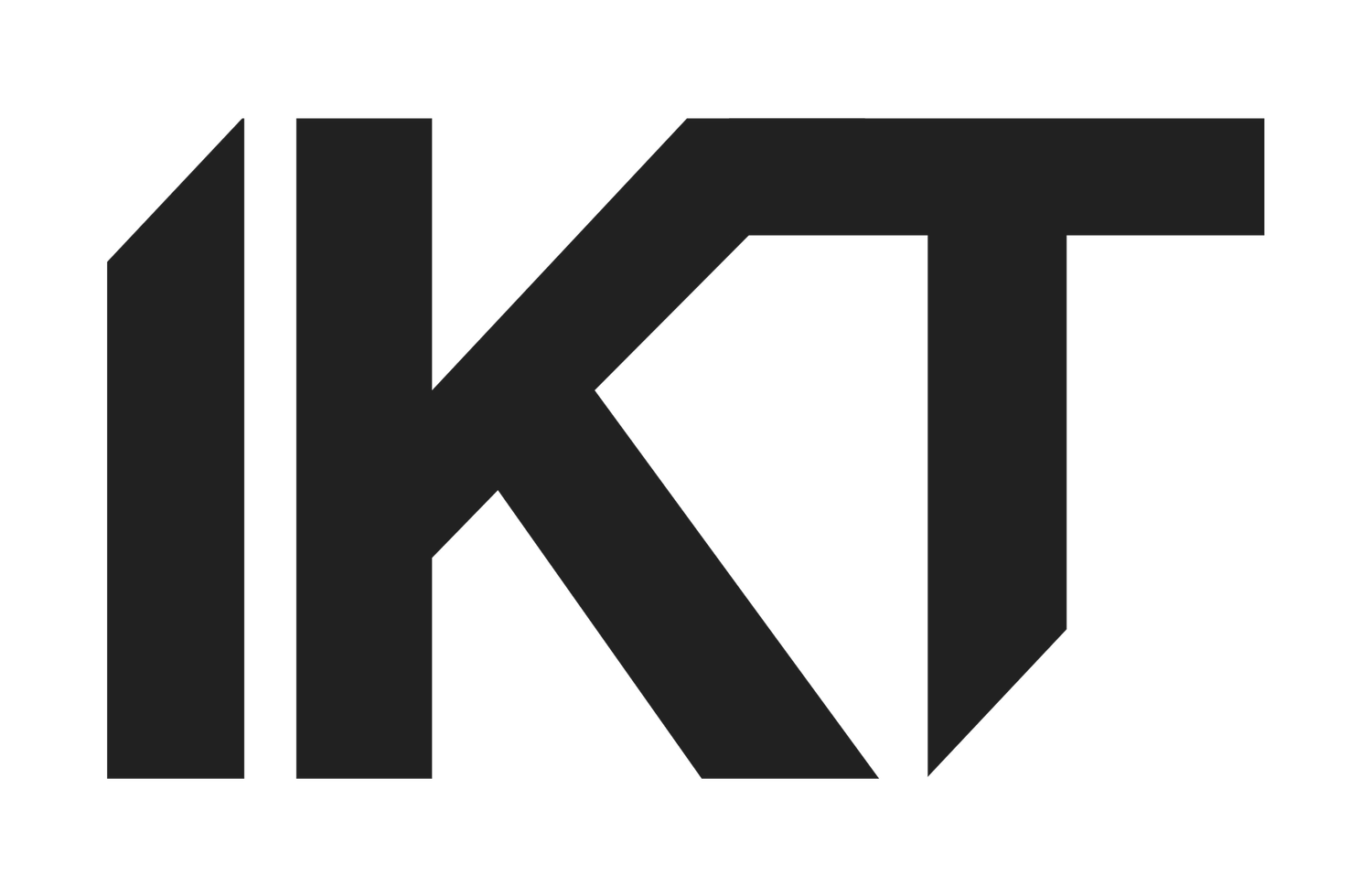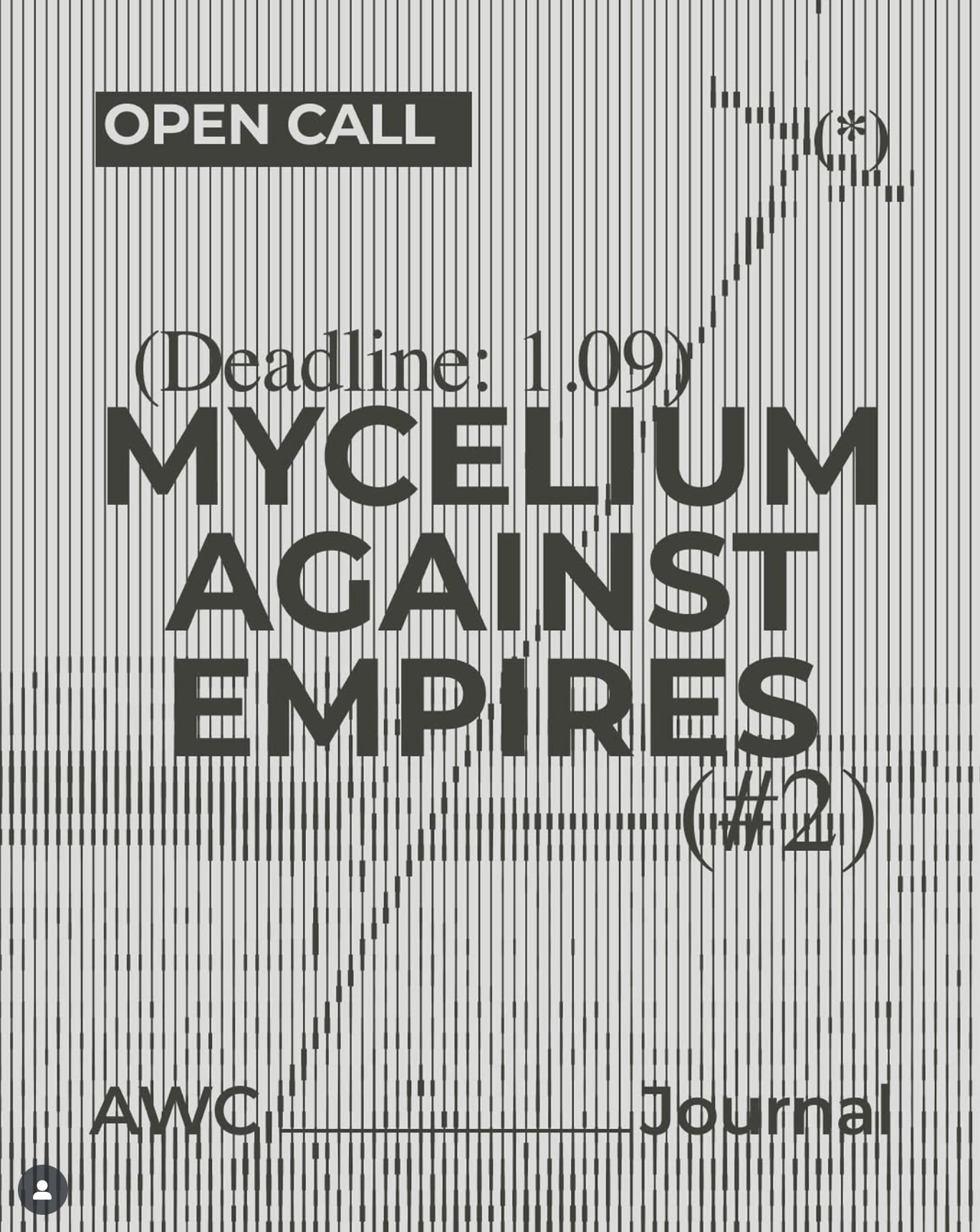AWC JOURNAL #2: MYCELIUM AGAINST EMPIRES
INFRASTRUCTURES OF DEPENDENCY AND SOLIDARITY
Mycelium is a decolonial research lab that explores colonial entanglements and practices of resistance through collective inquiry. Founded in 2023, the lab investigates colonial dependencies and decolonial practices through an infrastructural approach and a feminist lens.
In collaboration with Mycelium, AWC Journal continues its exploration of infrastructure policy, this time through a decolonial perspective. The journal invites contributions for its second annual issue, dedicated to the theme of Decolonisation.
This issue emerges from a shared concern that the term decolonisation is often deployed as a metaphor, stripped of its political urgency, and increasingly appropriated by right-wing populist agendas. Following Eve Tuck and K. Wayne Yang’s reminder that “decolonization is not a metaphor”, the journal insists that decolonisation must be understood as a set of material, structural processes. Colonial dependencies are organised and reproduced through specific infrastructures—logistical, extractive, military, cultural—that often remain intact long after the formal end of colonisation.
Infrastructures are understood here in an expanded way: as complex material systems with political, economic, and affective dimensions. They can function as mechanisms of domination, as described by Bani Brusadin in The Fog of Systems, but also as means of transformation and solidarity. As Deborah Cowen notes:
“Infrastructure is not only a vehicle of domination and violence. It is also a means of transformation. Alternative worlds require alternative infrastructures, systems that allow for sustenance and reproduction.”
The issue will focus on two interconnected strands:
Colonial dependencies through infrastructures – including extractivist practices, militarisation, slow violence, and the persistence of imperial power relations. Here we engage with the framework proposed by Svitlana Matviyenko, Sitora Rooz, and E. Vincent (Technologies of Russian Colonialism, 2024), analysing how colonial technologies of occupation, persistence, and implication structure contemporary geopolitics.
Solidarity as a decolonial infrastructural practice – moving beyond symbolic gestures to examine solidarity as a material, infrastructural commitment. Drawing on Aruna D'Souza's notion of imperfect solidarity, we seek to explore how transnational alliances are built despite asymmetries, complicities, and contested histories.
AWC Journal invites contributions from researchers, cultural workers, and artists worldwide, illuminating how infrastructures both sustain colonial domination and enable decolonial futures. Diverse formats are welcome, including analytical essays, interviews, visual essays, performative scores, mappings, and other creative or critical approaches.
analytical and research essays
interviews
visual essays
performative scores
mappings
other creative or critical approaches
Submission guidelines::
Proposal in English (max. 250 words)
Short bio (max. 150 words)
Examples of 3 previous publications (you can send links if they are online publications or attach them as a single PDF document)
Send to: journalawc@gmail.com
Deadline for proposals: 1 September 2025, 23:59 CET
The final texts should be submitted by 20 October 2025.
All selected authors receive €200 gross for their texts
Editor-in-Chief
Antonina Stebur is a curator, researcher, and writer, and the founder of the decolonial research laboratory Mycelium. Her curatorial practice focuses on colonial dependencies, feminist perspectives, and infrastructural approaches in contemporary art. She has curated or co-curated exhibitions at institutions including Zachęta – National Gallery of Art (Warsaw), the National Gallery of Lithuania (Vilnius), YermilovCentre (Kharkiv), Mystetskyi Arsenal (Kyiv), among others, and has published in ARTMargins, ArtReview, and elsewhere.

